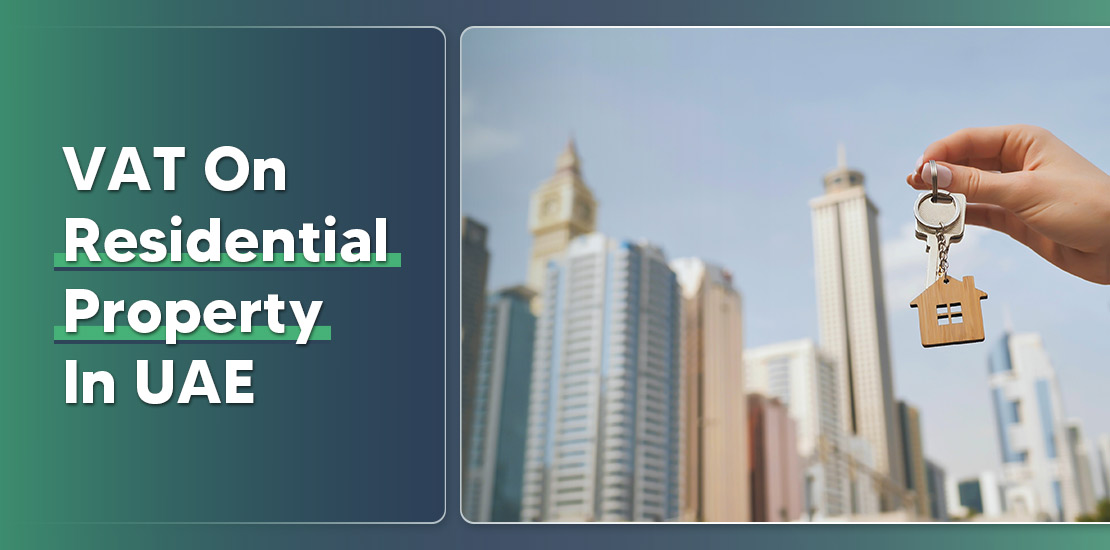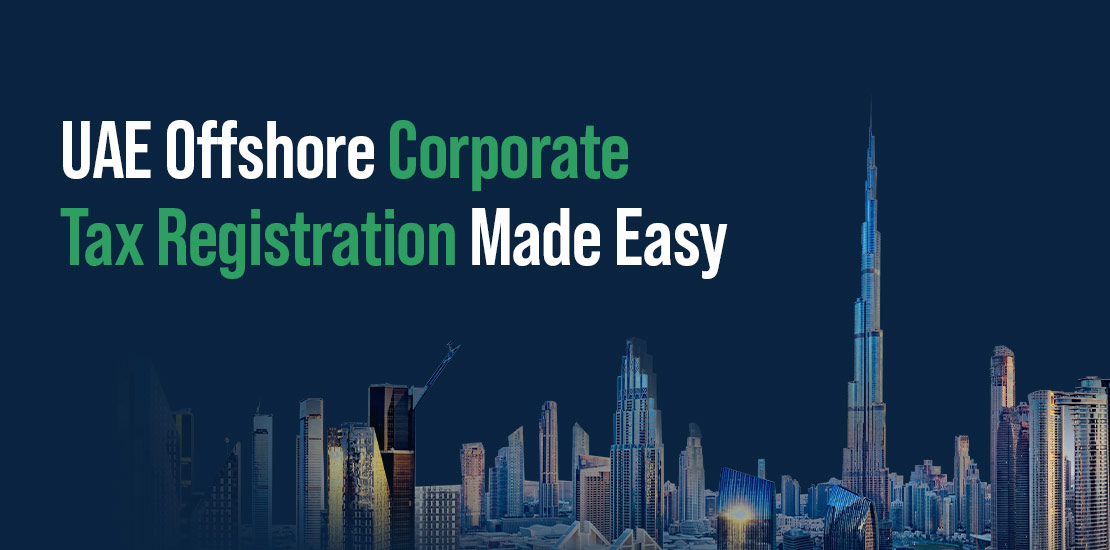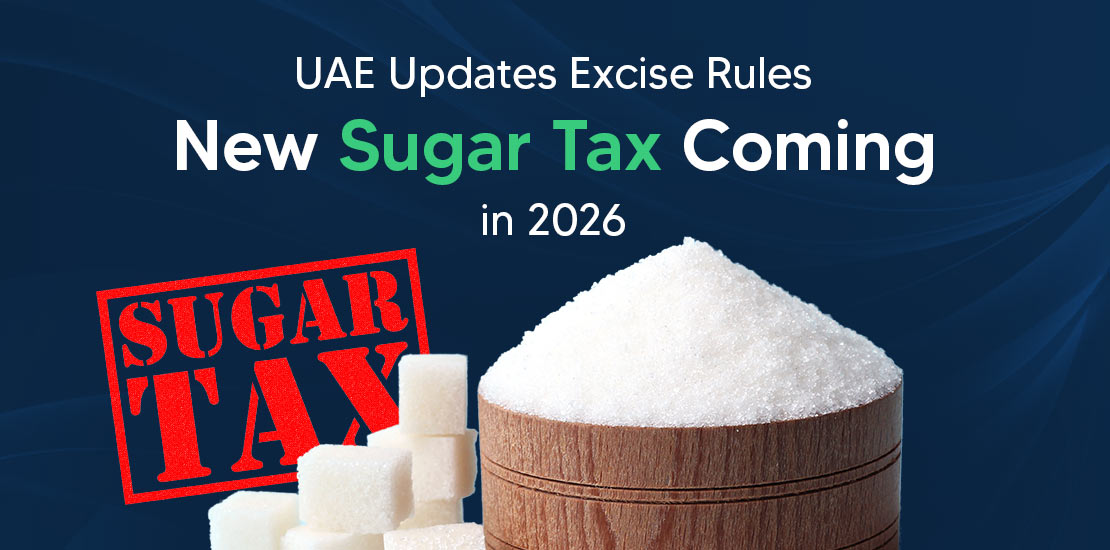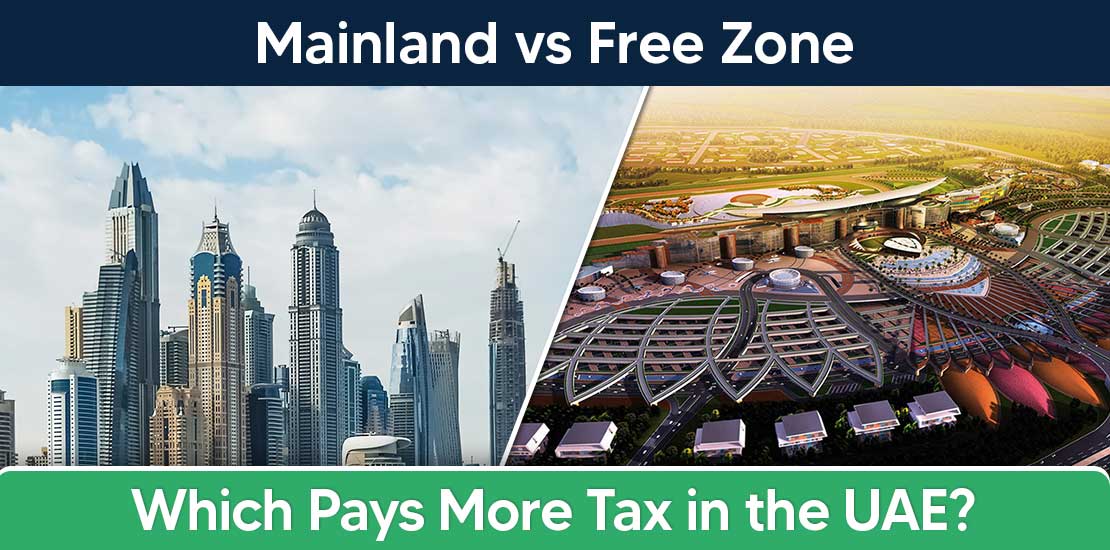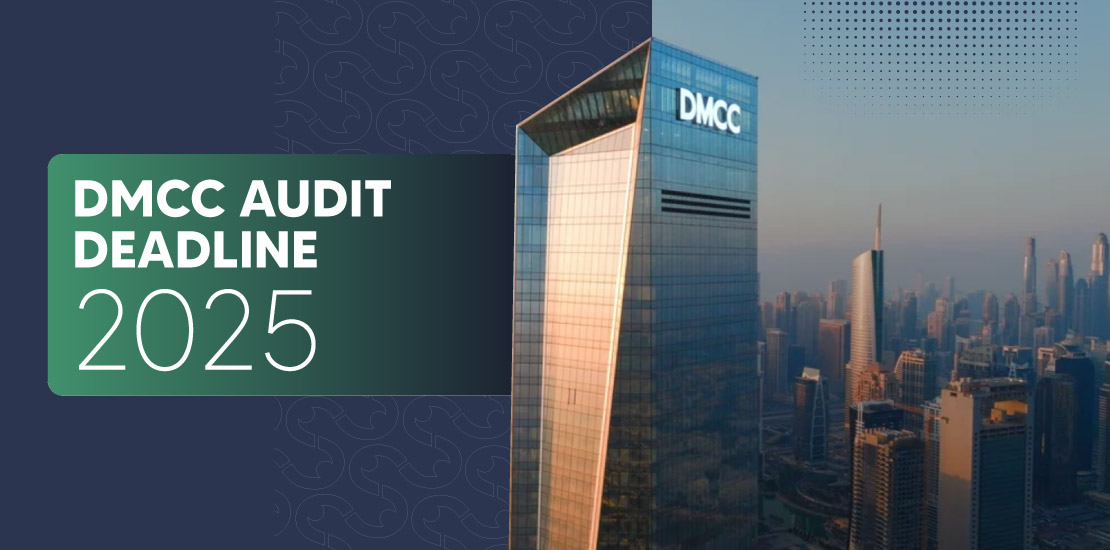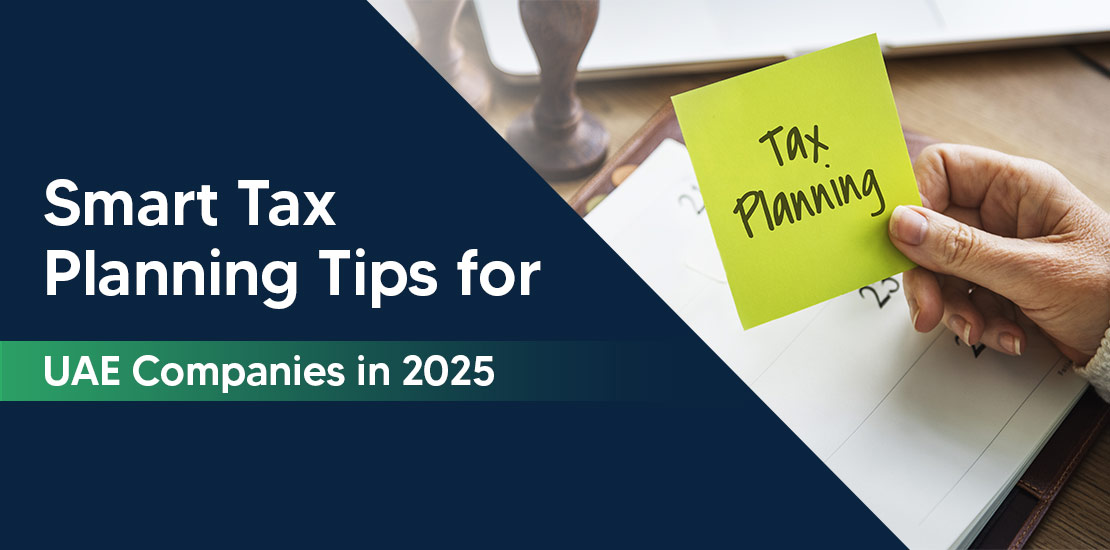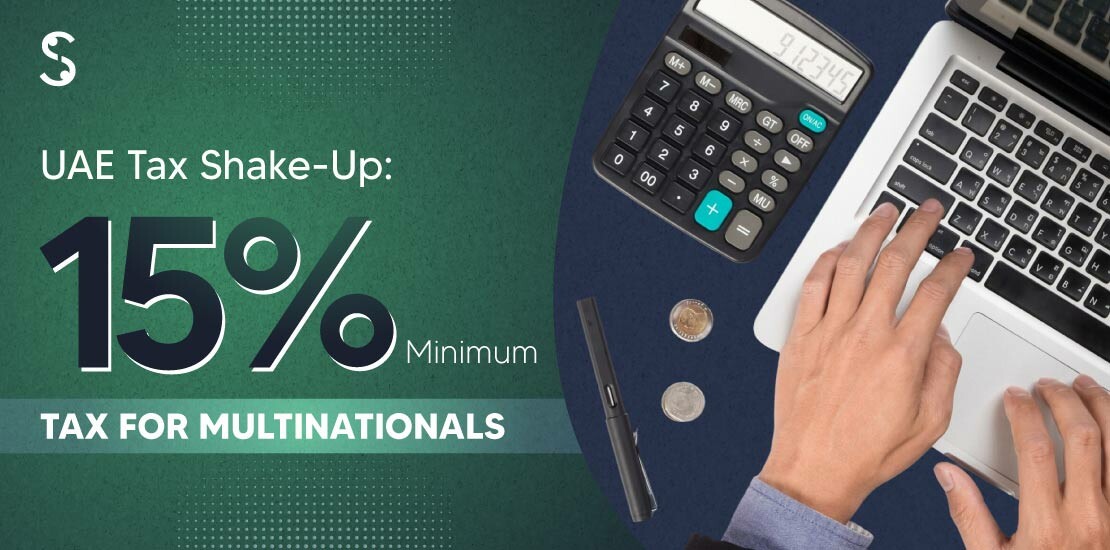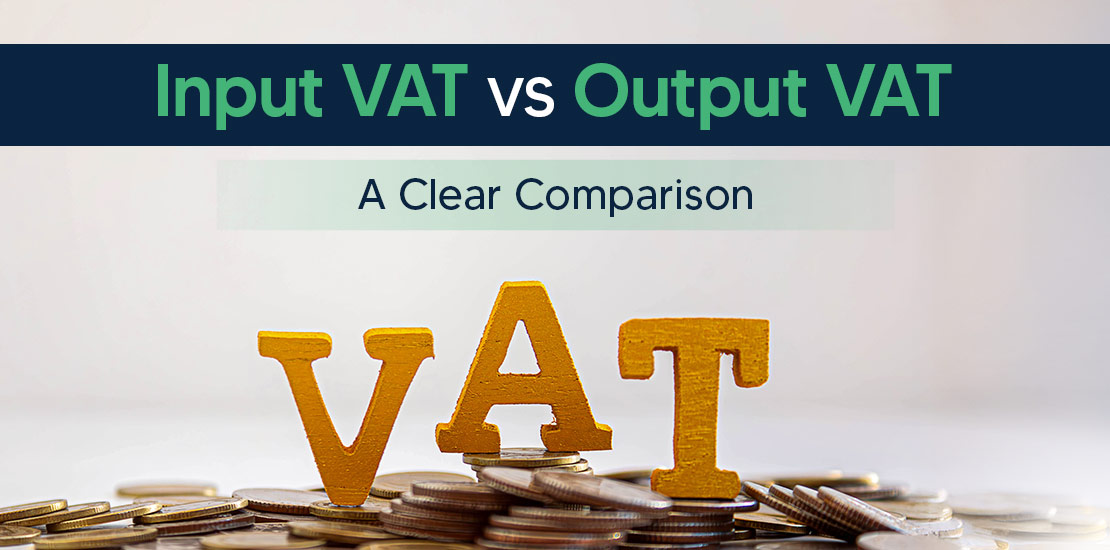Table of Contents
- VAT on Residential Property in UAE
- Understanding VAT Rates in the Real Estate Sector
- Different Types of Properties in the Dubai, UAE
- How Does VAT Affect the Real Estate Sector?
- VAT on Rent in UAE
- How Does the FTA Define Residential Properties?
- VAT for Residential Property in UAE: Exemptions and Zero-Rating
- VAT Filing and Compliance for Real Estate Businesses
- Conclusion
- How Shuraa Tax Can Help
The introduction of Value Added Tax (VAT) in the United Arab Emirates (UAE) 2018 significantly impacted various industries, including the real estate sector. With the dynamic nature of the property market in the UAE, understanding VAT implications on residential properties is critical for property owners, tenants, real estate developers, and investors. This blog aims to provide a detailed exploration of VAT on residential property in UAE, covering essential aspects and ensuring clarity for all stakeholders.
VAT on Residential Property in UAE
VAT on Residential Property in UAE is generally exempt, meaning that the sale or lease of residential properties is not subject to VAT. However, there are specific conditions under which VAT could apply. For instance, when a property is being leased for commercial purposes or sold as part of a larger development, VAT might be applicable.
It’s important for property owners and investors to understand the nuances of VAT on Residential Property in UAE, especially in cases of new developments or changes in property use, as regulations can vary based on the nature of the transaction and the parties involved.
Understanding VAT Rates in the Real Estate Sector
The UAE applies different VAT rates across various types of real estate transactions. These rates depend on the nature and purpose of the property. Below is a detailed breakdown:
- 5% VAT: This rate applies to the sale and lease of commercial properties. Whether the transaction is a purchase or a rental agreement, it is taxable under this rate.
- 0% VAT: The first sale of newly constructed residential properties within three years of their completion is zero-rated. This means the developer can recover input VAT incurred during the construction.
- Exempt from VAT: Subsequent sales and leases of residential properties fall under the exempt category. In these cases, VAT is not charged to the buyer or tenant, and input VAT recovery may not be claimed.
This structured approach ensures transparency and fairness within the UAE real estate sector while maintaining compliance with Federal Tax Authority (FTA) regulations.
Different Types of Properties in the Dubai, UAE
The UAE real estate market is diverse, encompassing various types of properties. Each type has specific VAT implications:
1. Residential Properties
- Villas
- Apartments
- Townhouses
- Holiday homes (if used as a permanent residence)
2. Commercial Properties
- Office buildings
- Warehouses
- Retail shops
3. Mixed-Use Properties
- Developments that combine residential and commercial spaces. For example, a building with residential apartments on the upper floors and retail outlets on the ground floor.
Understanding these classifications helps property owners and businesses accurately assess their VAT liabilities and ensure compliance with VAT regulations for residential property in UAE.
How Does VAT Affect the Real Estate Sector?
The introduction of VAT has brought a structured framework to the UAE real estate market. Below are some of the significant impacts:
- Enhanced Documentation Requirements: Real estate transactions require meticulous record-keeping, including detailed invoices, contracts, and receipts. These documents are essential for VAT filing and compliance.
- Increased Costs for Commercial Properties: A 5% VAT on commercial property sales and leases has slightly increased costs for businesses in this sector. However, the input VAT recovery mechanism mitigates this impact.
- Encouragement of Compliance: Developers, landlords, and property management companies must register for VAT if their taxable supplies exceed AED 375,000 annually. This promotes a more regulated and transparent market.
- Zero-rating as an Incentive: Zero-rating on the first sale of new residential properties within three years of completion encourages property development and investment.
VAT has added a governance layer, ensuring the UAE real estate market aligns with international tax standards. Understanding UAE VAT on residential property is vital for maintaining compliance and taking advantage of available benefits.
VAT on Rent in UAE
The VAT treatment of rent in the UAE depends on the nature of the property:
- Residential Rent: Renting residential properties is VAT-exempt. This means landlords do not charge tenants VAT, ensuring residents’ affordability.
- Commercial Rent: Leasing commercial spaces, such as offices, retail shops, and warehouses, attracts 5% VAT. Businesses that are VAT-registered can recover this VAT as input tax.
Landlords must segregate the residential and commercial components of mixed-use properties to accurately determine their VAT obligations. Proper classification and record-keeping are vital to avoid penalties related to VAT on residential property in the UAE.
How Does the FTA Define Residential Properties?
The Federal Tax Authority (FTA) defines residential properties as buildings or parts of buildings intended for human habitation. Key features of residential properties include:
- Permanent Residency: The property must be continuous rather than short-term stays.
- Full Units: Residential properties are sold or leased as complete units, not individual rooms.
- Exclusions: Hotels, motels, bed-and-breakfast establishments, and serviced apartments are excluded unless sold as standalone residential units.
This definition ensures clarity in applying VAT regulations and understanding the scope of VAT for residential property in UAE.
VAT for Residential Property in UAE: Exemptions and Zero-Rating
The UAE’s VAT regulations provide specific scenarios where residential properties are either zero-rated or exempt:
- Zero-rating: The first sale of a newly constructed residential property within three years of its completion is zero-rated. This incentivises developers to invest in new projects while allowing buyers to recover input VAT.
- Exemptions: Any subsequent sales or leases of residential properties are VAT-exempt. This ensures affordability and accessibility for residents while maintaining simplicity in tax compliance.
These provisions balance the need for tax revenue to promote residential property ownership while addressing VAT on residential property in UAE.
VAT Filing and Compliance for Real Estate Businesses
VAT compliance is a critical responsibility for businesses operating in the real estate sector. Key requirements include:
- VAT Registration: Businesses with annual taxable supplies exceeding AED 375,000 must register for VAT.
- Accurate Invoicing: All invoices must include detailed VAT breakdowns, including the rate, amount, and transaction type.
- Timely Returns: VAT returns must be filed quarterly or monthly, depending on the business’s annual revenue.
- Input VAT Recovery: Businesses can recover VAT paid on goods and services for taxable supplies.
Non-compliance with these requirements can result in penalties, making professional assistance essential to navigating UAE VAT’s complexities on residential property.
Conclusion
VAT on residential property in UAE is a critical aspect of the real estate market, influencing both buyers and sellers. Understanding the distinctions between taxable, zero-rated, and exempt transactions ensures smooth operations and compliance.
By leveraging expert assistance from Shuraa Tax, you can easily navigate these complexities, ensuring full compliance with FTA regulations and optimising your tax position. Whether you’re a developer, landlord, or investor, contact Shuraa Tax today to streamline your VAT obligations and achieve your real estate objectives. Partner with us for expert guidance on all aspects of UAE VAT on residential property.
How Shuraa Tax Can Help
Navigating VAT regulations in the real estate sector can be complex. Shuraa Tax offers comprehensive support to ensure compliance and optimise tax liabilities. Our services include:
- VAT Consultation: Expert advice on VAT applicability, exemptions, and zero-rating for residential and commercial properties.
- VAT Registration: Seamless assistance in registering your business with the FTA.
- VAT Filing and Record-Keeping: Ensuring accurate and timely submission of VAT returns while maintaining meticulous records.
- Audit Support: Guidance and representation during FTA audits, minimising potential risks and penalties.
Our team of tax professionals works closely with property owners, developers, and businesses to provide customised solutions that meet your needs. With Shuraa Tax, you can focus on your real estate goals while leaving the complexities of VAT compliance to us. We specialise in simplifying the processes related to VAT for residential property in the UAE.



